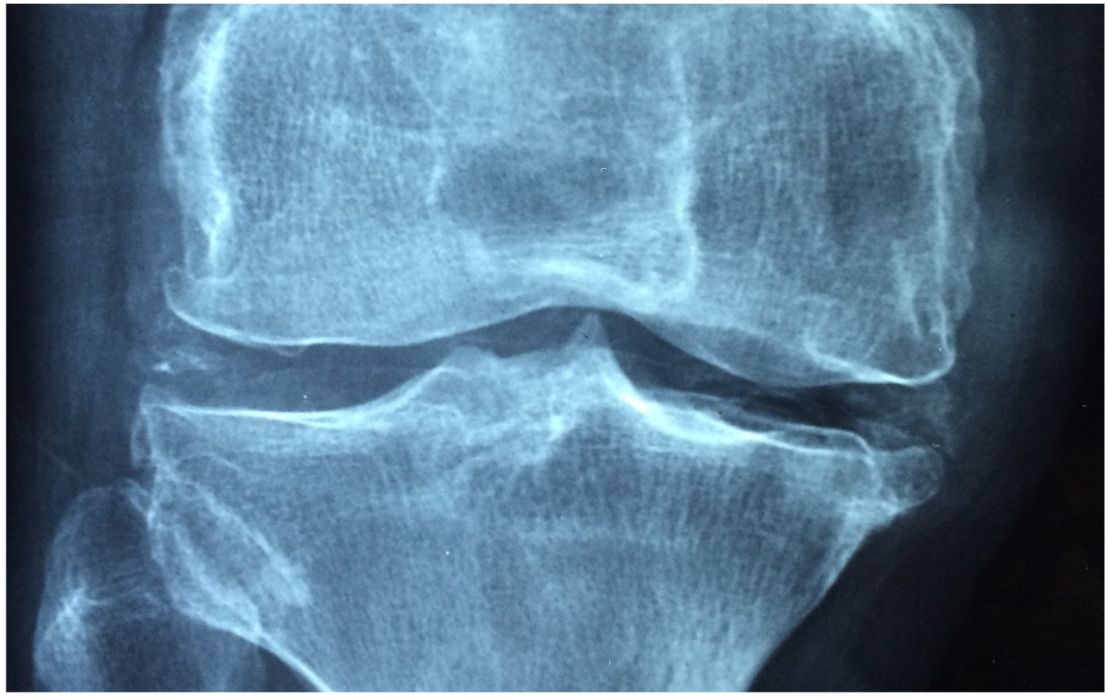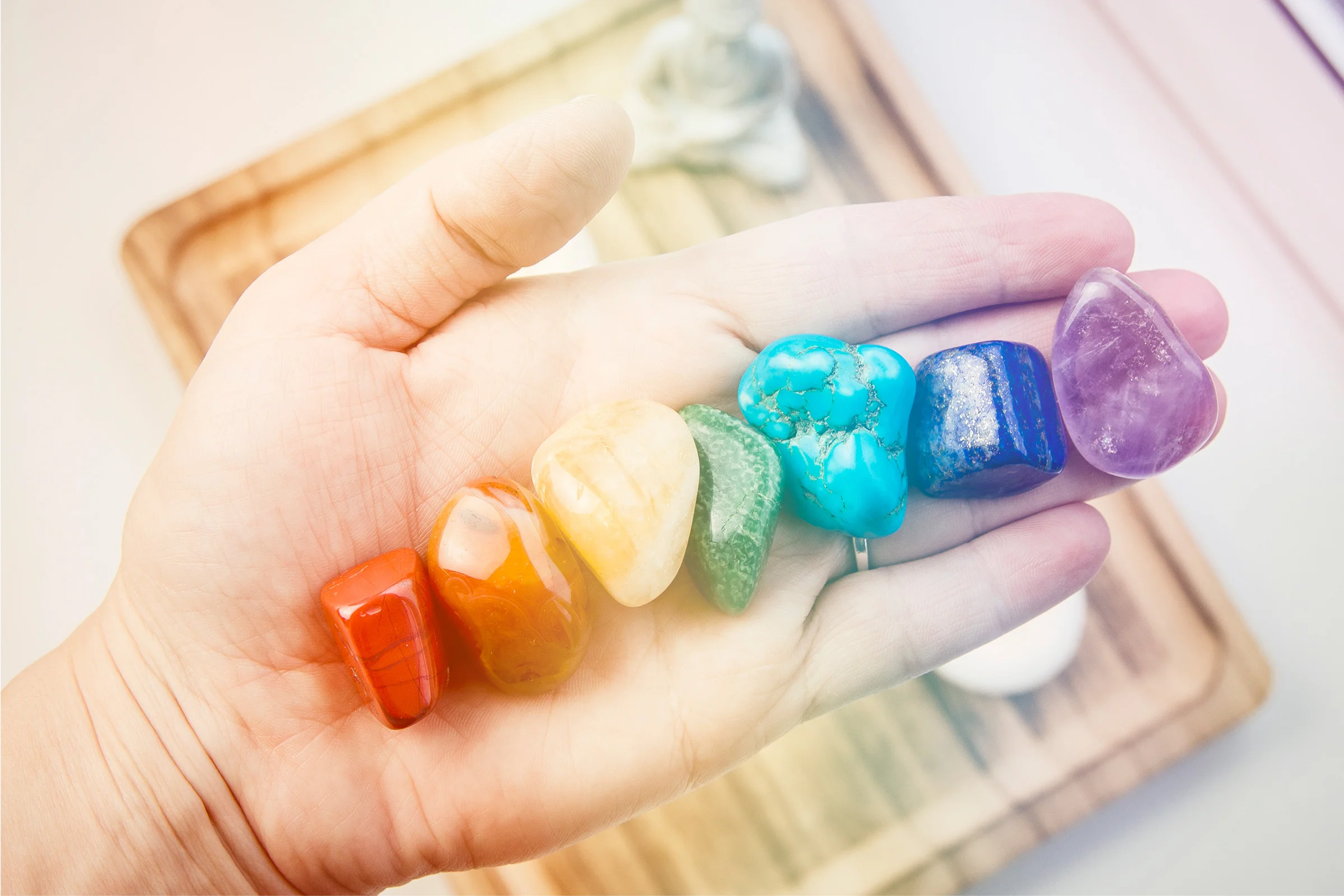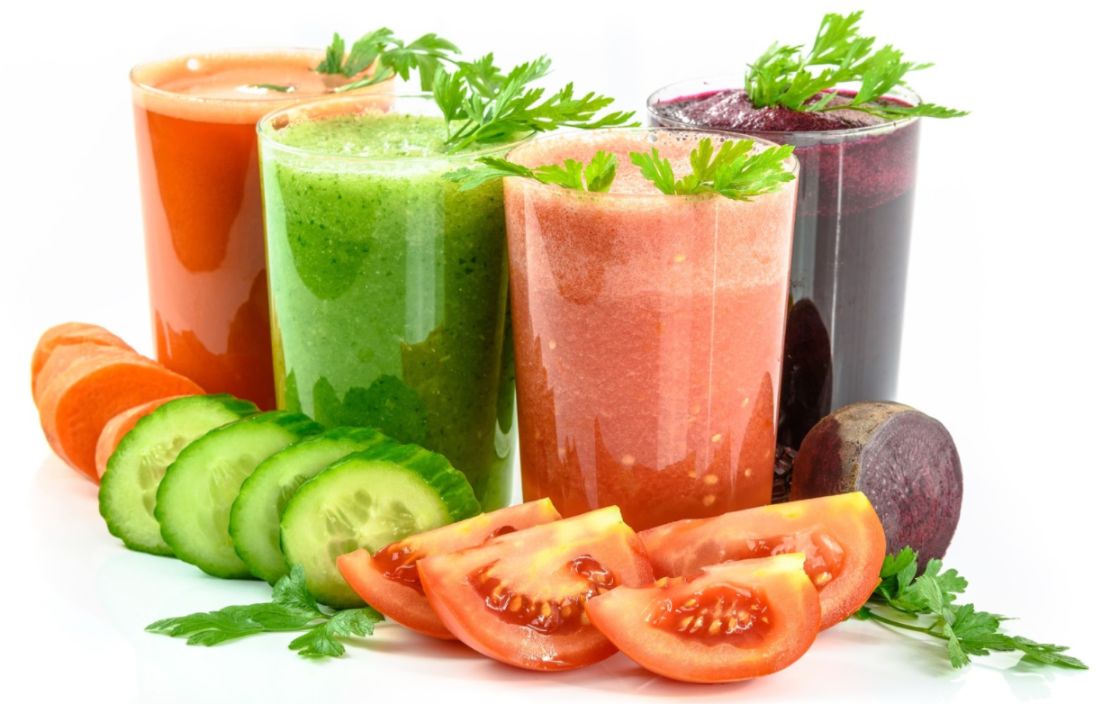Are you feeling stuffy, sneezy, and miserable?
Everyone’s experienced allergies or a cold at one time or another, and a common symptom of these problems is excess mucus in the sinuses, nose, and chest.
While excess mucus production isn’t usually dangerous, it is annoying.
Luckily, there are plenty of remedies for getting rid of a runny nose that don’t require a trip to the doctor.
If you’re coughing up mucus and you can’t stop reaching for your box of tissues, read on for some solutions.
What Is the Purpose of Mucus in the Body?
Most people would agree that having too much mucus is unpleasant (as well as a little gross). So why does the body produce it?
You might not realize it, but your body produces mucus all the time, even when you’re healthy.
Most of the time, you don’t notice it, but when you get sick, your body starts making more of it, which leads to symptoms like a runny nose.
Mucus is actually a protective mechanism for your body. It lines airways like your nose, mouth, and throat.
Germs, allergens, and irritants get stuck in the mucus instead of finding their way into your body, so you actually have mucus to thank for keeping you healthy most of the time.
Mucus in your throat, nose, and lung passageways also prevents your breathing from drying out these fragile areas.
What Causes Excess Mucus?
When your body detects too many unfriendly particles coming in from the outside, it ramps up your mucus production to trap and expel the invaders.
There are lots of reasons this might happen. Here are a few of the most common:
- Allergies. Pollen, dust mites, and mold are some of the most common culprits.
- Illness. Colds, flu, and sinus infections all stimulate your body’s mucus production.
- Smoking. Smoking irritates your airways, so your body produces more mucus in an attempt to protect itself.
- Pollution. If you live in a city with lots of car exhaust and other air pollution, or if you breathe in wood smoke or certain chemicals, you might experience increased mucus production.
Now that you know what’s causing your excess mucus, keep reading to learn how to get rid of a runny nose.
How to Get Rid of Mucus: 21 Methods
Blow Your Nose – but Do it Gently
The simplest way to clear out mucus from your nose is just to get rid of it manually. Grab a pack of tissues and blow your nose – but do it carefully.
Blowing your nose too hard or too often can actually make the problem worse by forcing bacteria or allergens deeper into your passageways.
So how should you blow your nose? Do it gently, and clear only one nostril at a time.
Try not to blow your nose more than you need to – if your sinuses are swollen, blowing won’t do anything to clear them, and it could irritate them further.
Be careful to be hygienic so you don’t re-infect yourself. Wash your hands before and after you blow your nose, and use a clean tissue every time.
Breathe Clean Air
If your nasal passageways have been feeling irritated lately, it could have everything to do with the air you’re breathing.
Check your surroundings for anything that could be making you sneeze.
The most common irritants to watch out for include:
- Pollen
- Exhaust
- Smoke from cigarettes or wood fires
- Dust
- Mold
- Dust mites
- Pet dander
- Chemical fumes
- Temperature changes
Once you know what’s triggering your excess mucus production, do your best to avoid it.
This might mean staying inside when the pollen count is high, not letting your furry friends sleep on your bed, or staying out of environments with lots of dust, mold, or smoke.
Have Some Chicken Soup
If it seems like every article on how to get rid of phlegm includes the old advice about eating chicken soup, there’s a good reason for that it actually works.
The heat helps to loosen mucus in your throat and chest, and the steam can open up your sinuses.
If chicken soup isn’t your thing (or you don’t have any on hand), no worries – any hot liquid will help you feel better when you’ve got a stuffy nose.
Make yourself a steaming cup of your favorite tea, or sip some hot water with honey and lemon.
Staying hydrated when you’re sick helps to thin out your mucus, so your body can get rid of it more easily.
Steam Your Sinuses
Something as simple as a hot shower might help you breathe a little easier.
Steam is a simple, effective way to loosen your mucus and open your sinuses, and you don’t have to go any further than your bathroom to give it a try.
Not in the mood for a shower? You can get the same effect by heating a pan of water on the stove until it’s steaming and almost boiling.
Take it off the heat and add a few drops of essential oil or herbs if you like.
Then drape a towel over your head and lean over the pan. (Careful – it will be hot.) Breathe in the steam to get some relief.
Use Heat to Dissolve Mucus
Drain your sinuses with a hot compress. Dip a washcloth in hot water (be careful not to burn yourself) and drape it over your nose and sinuses.
If they don’t clear right away, reheat your compress and repeat the process.
If you’re coughing up mucus, you can use the same method to ease your symptoms. Just put your hot compress on your chest to loosen up the phlegm and clear it out.
Sleep Sitting Up
Don’t you just hate feeling like you can’t breathe at night when you’ve got a cold? Elevating your head a little can help with that.
Use an extra pillow to prop yourself up more at night. This allows mucus to drain away from your head, giving you a better night’s sleep.
Gargle Salt Water
Mucus in throat passageways can indicate an infection. One of the simplest ways to kill any bacteria lurking there is to gargle salt water.
Heat one cup of water until it steams, then add a spoonful of salt and stir until it dissolves. Once the water has cooled to lukewarm, use it to gargle.
Do this three times a day until you feel better. Bonus: if you have a sore throat, this tip will help to ease that, too.
Add Moisture to Your Air
When you’re sick or dealing with allergies, the last thing you want is to breathe dry, harsh air. That will dry out your airways and prompt your body to produce even more mucus as a result.
Avoid this by using a humidifier, especially in areas (like your bedroom) where you spend a lot of time.
There’s one important caveat to using a humidifier: you’ve got to keep it clean.
A humidifier is an ideal environment for mold and bacteria to grow, and you don’t want to inhale those.
Clean your humidifier frequently with white vinegar or a tea tree oil solution to keep your air clean, and safe to breathe.
Try a Neti Pot
A neti pot might seem strange if you’ve never used one before, but it’s a tried-and-true way to get rid of excess mucus, as well as germs and allergens that are stuck in your passages.
To use a neti pot, fill it with a saline solution (you can make this yourself by mixing warm water and salt).
Lean over a sink, tilt your head, and pour the solution slowly into one nostril, allowing it to drain out the other.
Like a humidifier, a neti pot must be kept clean, or it’s not safe to use. Disinfect your neti pot every day with hot water and vinegar or antibacterial soap.
Use Essential Oils
Essential oils don’t just smell good – they also have powerful germ-killing properties, and can help clear your sinuses.
There are several ways you can use essential oils if you’re feeling stuffy. The simplest is to put your oils in a diffuser and let them circulate through the air.
You can get a similar effect by adding a few drops of oil to a hot bath.
Drink Apple Cider Vinegar
Apple cider vinegar has a plethora of health benefits. Of all its properties, relieving sinus problems is one of the most useful.
For best results, make sure you get vinegar that has the cloudy “mother” in it – that’s where most of the health benefits are.
Put a tablespoon of vinegar in a glass of water, and drink up. Sure, it might not taste great, but with your stuffy nose, you probably can’t taste much anyway.
If you really struggle with the taste, try mixing it with fruit juice instead of water.
One warning: you can mix apple cider vinegar with anything you want, but don’t drink it straight.
It’s very acidic, and if you drink it without diluting it, it could damage your stomach lining and the enamel on your teeth.
Try Acupressure
In traditional Chinese medicine, excess phlegm can be eliminated by applying pressure to certain points of the body.
Why not give it a try? Here are a couple of methods you can use.
- Find the spot between where your big toe and your second toe join your foot. You should be able to feel your toe bones on either side of this point. Push down firmly on the spot for ten seconds with your thumb. Repeat with the other foot.
- Feel for the hollow under the inner ends of your collarbones (in the center of your chest on either side of the sternum). Press on this point firmly. Repeat on the other side.
Drink Licorice Root Tea
We’ve already covered how hot tea, in general, can help you get rid of a runny nose and feel better. If you’re not sure which kind of tea is best, try sipping on some licorice root tea.
Licorice root is one of the most famous herbal remedies for too much mucus, and tea is the easiest way to consume it.
To make licorice root tea, use a ratio of one tablespoon of licorice root to one cup of water.
Put the licorice root in your teacup or a teapot, pour in the boiling water, and cover it for three to five minutes, depending on how strong you want your tea.
Licorice root tea is sweet on its own, but if you want more flavor, you can add some honey, a squeeze of lemon juice, or some crushed mint leaves.
Improve Your Diet
When you’re sick, your diet plays a big role in how fast you recover.
In general, you should avoid consuming any of these foods until you’re feeling better:
- Processed sugar
- Alcohol
- Dairy products
- Fried or processed foods
- Caffeinated drinks
- Meat
Instead, aim to eat plenty of natural, healthy foods to help your body fight off the infection.
Good choices include:
- Vegetables
- Fruits (especially citrus fruits, which are high in vitamin C)
- Unprocessed protein (whole meat and eggs, not soy)
- Whole grains like rice and oatmeal
- Hot broth or soups
Take a Black Elderberry Supplement
Like licorice root, black elderberry is frequently used as a natural remedy for colds, flu, and other sinus issues.
Look for supplements at a health food store near you, or order a bottle online to keep in your medicine cabinet.
If you take black elderberry soon after your symptoms begin, you could even shorten the duration of your illness.
Eat Spicy Foods
Have you ever eaten something so spicy your eyes watered and your nose ran?
Whether or not you usually like to eat spicy food, it can help thin your mucus when you’re sick or suffering from allergies, so go ahead and reach for that hot sauce or sriracha.
You’ll also get rid of trapped germs or irritants when you trigger your nose to run.
Try Some Yoga Poses
It might sound strange if you don’t do yoga on a regular basis, but certain yoga poses can help drain your excess mucus and open your airways.
If you want to know how to get rid of phlegm, here are a couple of simple poses you can do at home with no prior yoga experience.
If you don’t have a yoga mat, use a towel or blanket.
- Bridge pose: Lie on your back. Bend your knees and plant the bottoms of your feet on the floor. Push your pelvis up, keeping your shoulders on the floor. Make sure your knees stay directly over your feet. Hold this position for up to 60 seconds. This pose is especially good for clearing your chest.
- Bow Pose: Lie on your stomach and bend your knees so your feet are pointing up at the ceiling. Reach back and grab both of your ankles with your hands – this will lift your shoulders off the floor, so you’re resting on your stomach. Hold this pose for thirty seconds to open up your chest.
Eat More Garlic
Garlic has powerful anti-inflammatory, antibacterial and antiviral properties – oh, and it tastes great too.
If you’re trying to fight off a bug, garlic is one of the best things you can add to your diet.
For maximum effect, just eat a clove raw.
Don’t cook it, since cooking gets rid of some of the health benefits, and don’t eat it on an empty stomach, or you’ll risk a stomach ache.
If raw garlic is too intense for you, you can add it to food instead. One easy method is to finely chop a clove and sprinkle it on top of some buttered toast.
You can also mix it into food after the food has been cooked.
Inhale the Scent of Eucalyptus oil
The fresh, clean scent of eucalyptus can give you a breathing boost when you’re stuffed up.
If you’ve got eucalyptus essential oil on hand, you can put it in a diffuser or sprinkle a few drops on a tissue and inhale it.
For more restful sleep, put a few drops on your pillow before you turn in for the night. Don’t have eucalyptus oil?
You can easily find a eucalyptus ointment or rub at the drugstore.
Take Buckwheat Honey
Got chest congestion? Buckwheat honey could help clear it out.
Honey is a humectant, so it’ll moisturize and soothe your passageways. Honey also kills bacteria and viruses, which can help you get over your bug faster.
Take a spoonful several times a day until you’re feeling better.
Make Ginger Tea
Ginger contains compounds that relieve inflammation, which can reduce nasal swelling and help you breathe better.
Make a spicy, aromatic cup of ginger tea to get these benefits.
Slice or shred about a tablespoon of fresh ginger root (ground ginger won’t work) and steep it in boiling water for five to ten minutes.
Then strain the ginger out and drink the tea. Add some honey if you need more sweetness.
If These Remedies Don’t Work…
Most of the time, these remedies should help you get on the road to recovery within a day or two.
If your passageways don’t start to clear up, though, it may be time to ask a doctor how to get rid of mucus safely and effectively.
Excess mucus is harmless most of the time, but in rare cases, it could signal that you have an infection.
If your phlegm smells bad or has blood in it, you should get medical attention right away.









3 comments
I have a neti pot so I will use itand then gargle some salt water.
As for disinfecting a Neti Pot… rather than using water and antibacterial soap, wouldn’t using water and white vinegar possibly be a better way to do it?
A few days ago I started throwing up phlegm. I need it to stop. Throat doesn’t hurt. Stomach does from throwing up